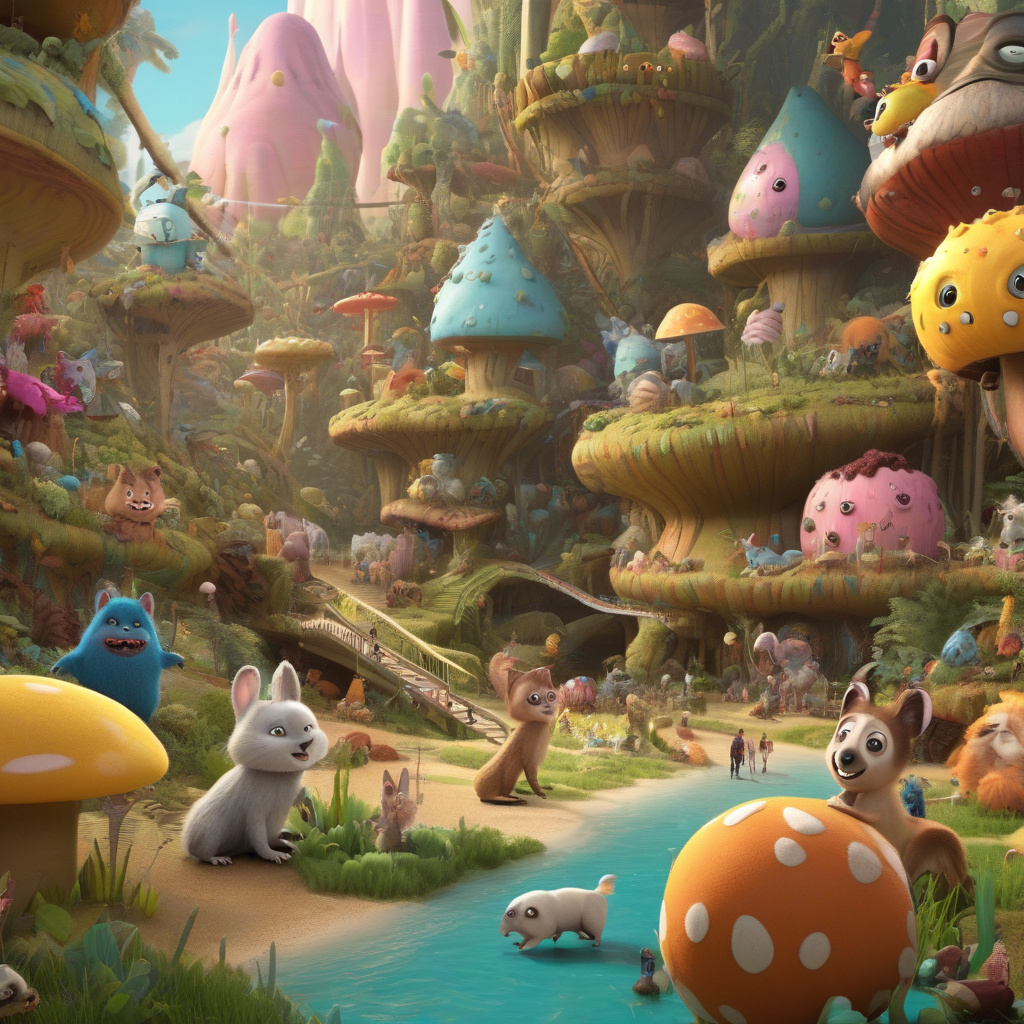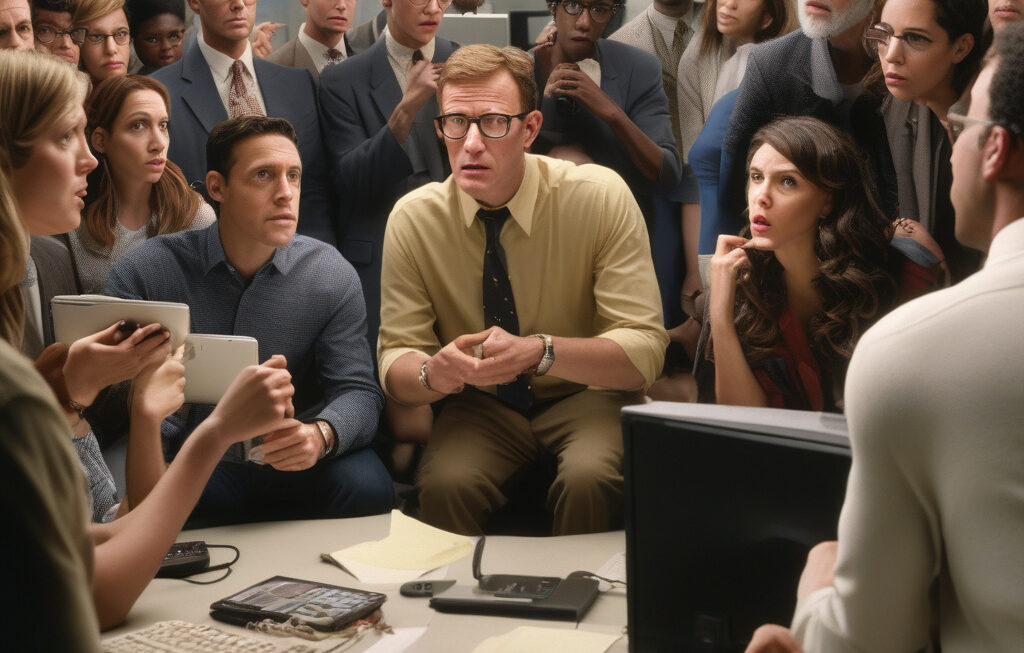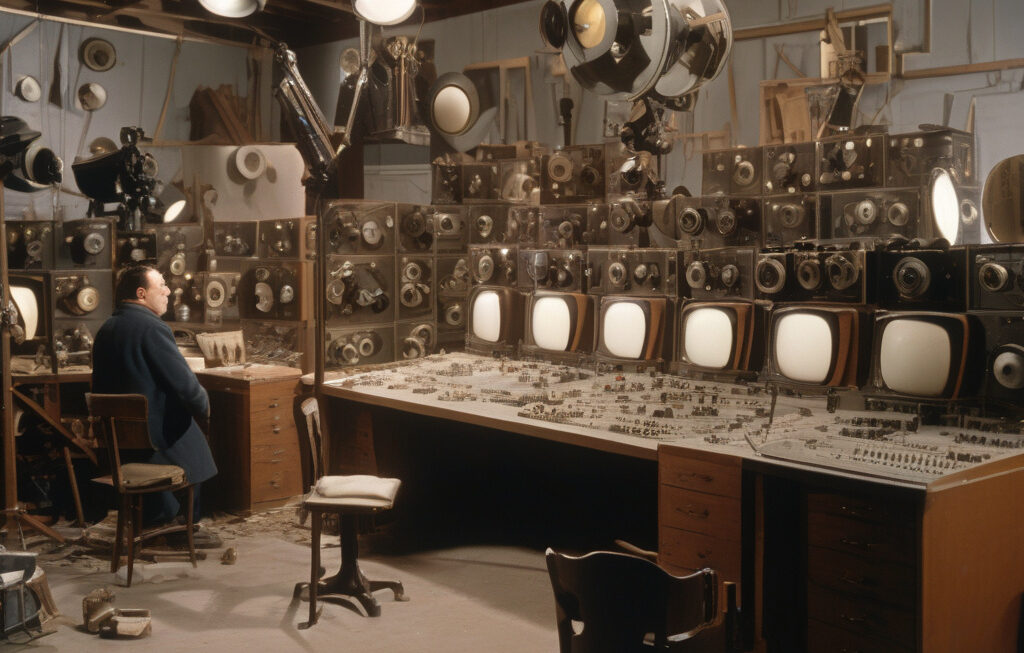OpenAI Backs AI-Generated Film Critterz for 2026 Release
In a groundbreaking move that could reshape the landscape of the film industry, OpenAI has thrown its weight behind the production of an AI-generated film titled Critterz, set to hit the big screens in 2026. This bold venture marks a significant step forward in the realm of generative storytelling, where artificial intelligence algorithms take the helm in crafting narratives and bringing characters to life.
The decision to back Critterz underscores OpenAI’s commitment to pushing the boundaries of what AI can achieve in the creative sphere. By investing in this project, the organization is not only showcasing the capabilities of AI in generating compelling content but also opening up new possibilities for innovation in filmmaking.
Producers behind Critterz see immense potential in leveraging AI to drive the creative process. With algorithms capable of analyzing vast amounts of data and identifying patterns, AI holds the promise of unlocking fresh and unique storytelling angles that may have eluded human creators. This approach could lead to the birth of narratives that defy conventional norms and offer audiences a truly novel viewing experience.
However, alongside the excitement surrounding the prospect of AI-generated storytelling, there are valid concerns that have been raised, particularly regarding authenticity and the potential impact on creative jobs. As AI takes on a more prominent role in content creation, questions arise about the authenticity of stories crafted by algorithms. Can AI truly capture the essence of human emotions and experiences in a way that resonates with audiences on a deep level?
Moreover, the rise of AI in creative industries raises apprehensions about the displacement of human talent. As algorithms become increasingly sophisticated in their ability to generate content, there is a fear that traditional creative roles may be at risk. Will AI eventually replace human writers, directors, and other key players in the filmmaking process, leading to job losses and a homogenization of creative output?
These concerns highlight the need for a thoughtful and balanced approach to integrating AI into the creative landscape. While the potential benefits of AI-generated storytelling are undeniable, it is crucial to address the ethical, social, and economic implications of this shift. Producers, filmmakers, and industry stakeholders must engage in a dialogue that considers the impact of AI on creativity, authenticity, and the future of work in the sector.
As we look ahead to the release of Critterz in 2026, it serves as a litmus test for the possibilities and challenges that AI-powered storytelling presents. The film will not only captivate audiences with its innovative approach but also spark important conversations about the role of AI in shaping the future of entertainment.
In the ever-evolving landscape of filmmaking, the fusion of AI and creativity holds immense promise. By harnessing the capabilities of artificial intelligence, filmmakers can unlock new realms of storytelling that push the boundaries of imagination. However, as we venture into this uncharted territory, it is essential to navigate the potential pitfalls with caution and foresight, ensuring that AI remains a tool for enhancing human creativity rather than replacing it.
AI, Film, OpenAI, Creativity, Innovation












